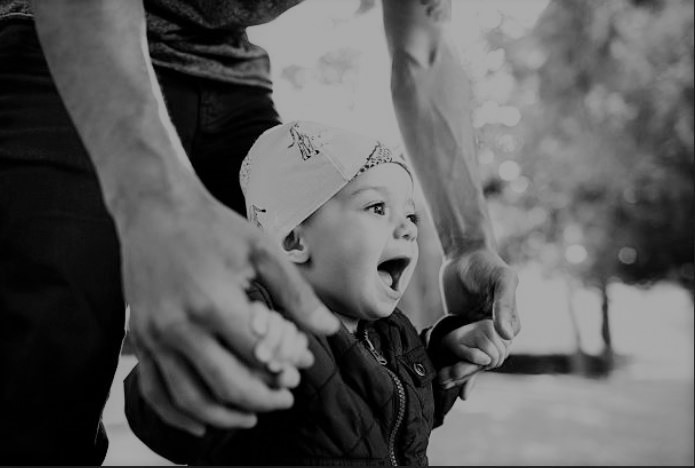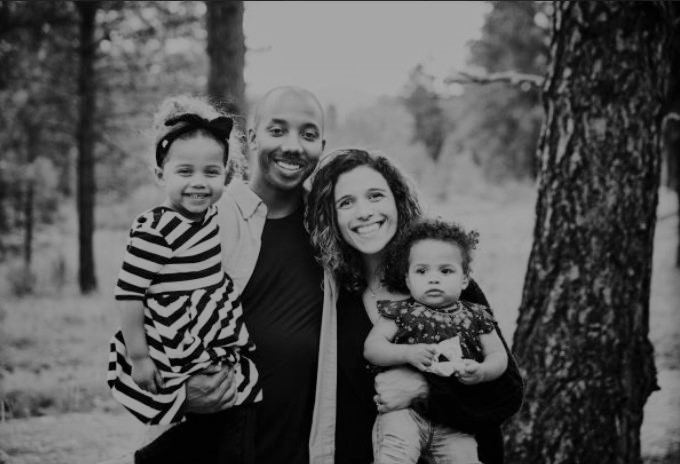
Over the last decade, the egg donor process has become a more viable option for many people trying to grow their family. Egg donation is a fertility treatment option for those who cannot use their own eggs. For women, this could be due to low ovarian reserve, age related infertility, unexplained infertility, damaged ovaries after medical treatment (often post-cancer), or genetic risk on the female partner’s side. It is also an option for single males or gay male couples who want to have a child. Whatever your reason for choosing egg donation, our familiarity with fertility law makes Ledebuhr Law the ideal choice to assist you with this legal process.
What egg donation laws do I need to consider?
The egg donor process can be complex and there are numerous considerations that need to be made. As an intended parent or an egg donor it is essential to have a qualified attorney to represent you. The egg donor agreement will need to be drafted early on in the process. This document protects the health of the egg donor, privacy and confidentiality agreements are made, parental rights are established, and compensation and health insurance are agreed upon. In addition, parties will determine the disposition of excess embryos. Proper documentation is needed to ensure all parties legal rights are protected. At Ledebuhr Law, we have unmatched experience in all legal aspects related to the egg donor process.
What is the egg donor process like?
Because everyone’s situation is different, there are many different ways the egg donor process can look. The following describes what could occur for a heterosexual couple that is having a child with an egg donor and the male partner’s own sperm. In this description, the female partner is going to carry the child and fresh, not frozen, eggs will be used.
For the intended parents, the medical process has already begun prior to seeking an egg donor. Intended parents and medical professionals have determined that egg donor IVF would be the best option. Counseling has been taking place and psychological risks and benefits have been discussed. Intended parents may have also met with a financial advisor at this point as egg donor IVF can be expensive. Once this has been completed, the doctors and therapists will clear them to move to the next steps, which is selecting an egg donor.
Depending on the agency intended parents are working with, the process of choosing an egg donor can look different. The thing that remains constant is that it takes time and careful consideration. Many intended parents still work with their therapist during the selection process for additional support. When the donor is selected, the clinic will work with all parties to make sure the timing aligns. The egg donor needs to be available during the intended mother’s IVF cycle.

It is at this time that the legal work will be done. It is critical that all parties have their own lawyers for the legal phase of the process. This guarantees that your rights and interests are advocated for and protected. The contract will be negotiated and finalized prior to the start of any medication. All parties need to sign the egg donor agreement before the medical process can begin.
It takes a few weeks to complete the testing and screening needed for treatment. After that, the egg donor and intended mother will have their menstrual cycles put in sync. That is necessary because the donor’s fertilized eggs will be ready for embryo transfer at the same time the intended mother’s uterus will be ready to accept the embryo.
The treatment cycle happens next. During the treatment cycle, the donor will be taking fertility drugs to produce more eggs. The intended mother will also give herself hormone injections to keep her cycle in sync with the egg donor and prepare the uterus for the embryo. When the donor’s eggs are ready, she will go to the fertility clinic for the egg retrieval. Once the eggs are retrieved, the donor’s role has ended. She will need to continue to care for herself and recover at home.

The day the eggs are retrieved, the intended father will also provide a semen sample. The donor eggs will be combined with the sperm to fertilize the eggs. Approximately three to five days later, the intended mother will complete the embryo transfer. About ten days after that, the pregnancy test will happen to determine if the cycle was a success.
What else do I need to know about the egg donor process?
There can be some physical and psychological risks for both the egg donor and the intended mother. Your medical professionals will clearly outline all of those risks, so you can make a fully informed decision. All parties will likely be required to undergo counseling to mentally prepare for the egg donation.
Success rates for a live birth for egg donor IVF are about 56%, according to the Center for Disease Control, when a fresh embryo is used. When a frozen embryo is used, the live birth success rate is about 40%. Since there are several factors that contribute to the success of a live birth, your doctor will discuss your individual success rate with you.
Egg donation is costly. Although it depends on the source of the egg donor, the average cost is about $20,000 to $35,000 per cycle. Many fertility clinics in Illinois have IVF Programs to reduce the costs or insurance through IVF Refund Programs.
At Ledebuhr Law, whether we represent an egg donor or intended parents, you can be confident that you have exceptional legal representation. Contact us so we can begin supporting you through this legal process.
